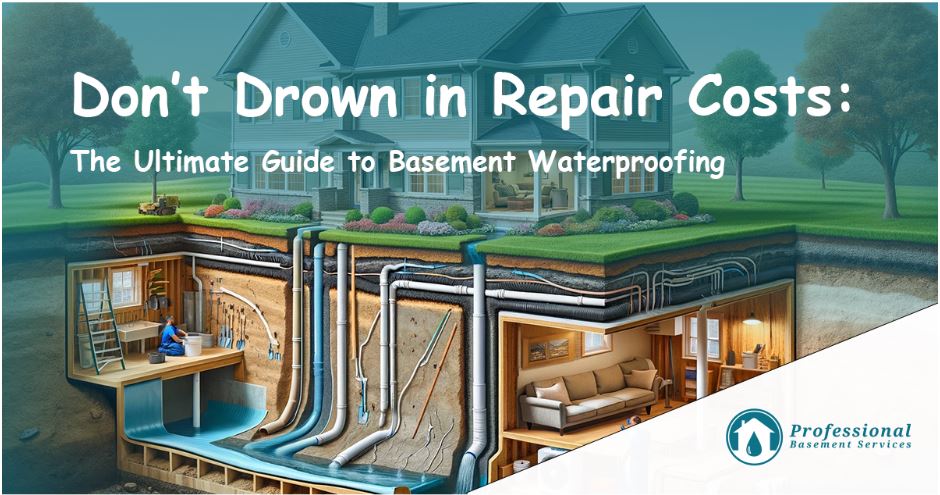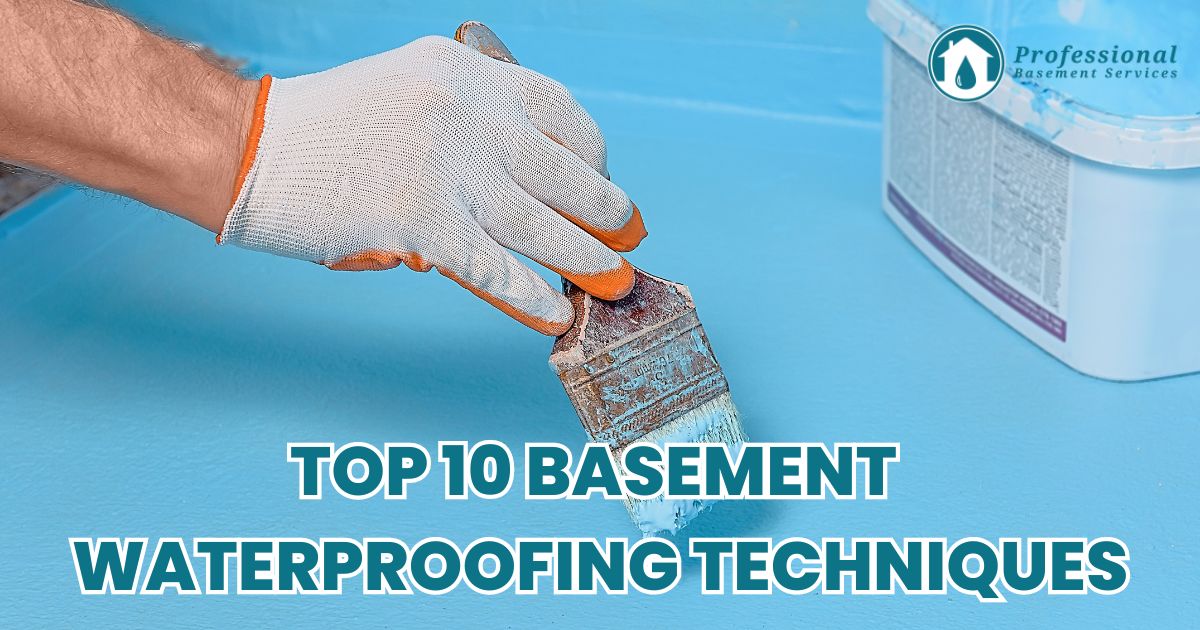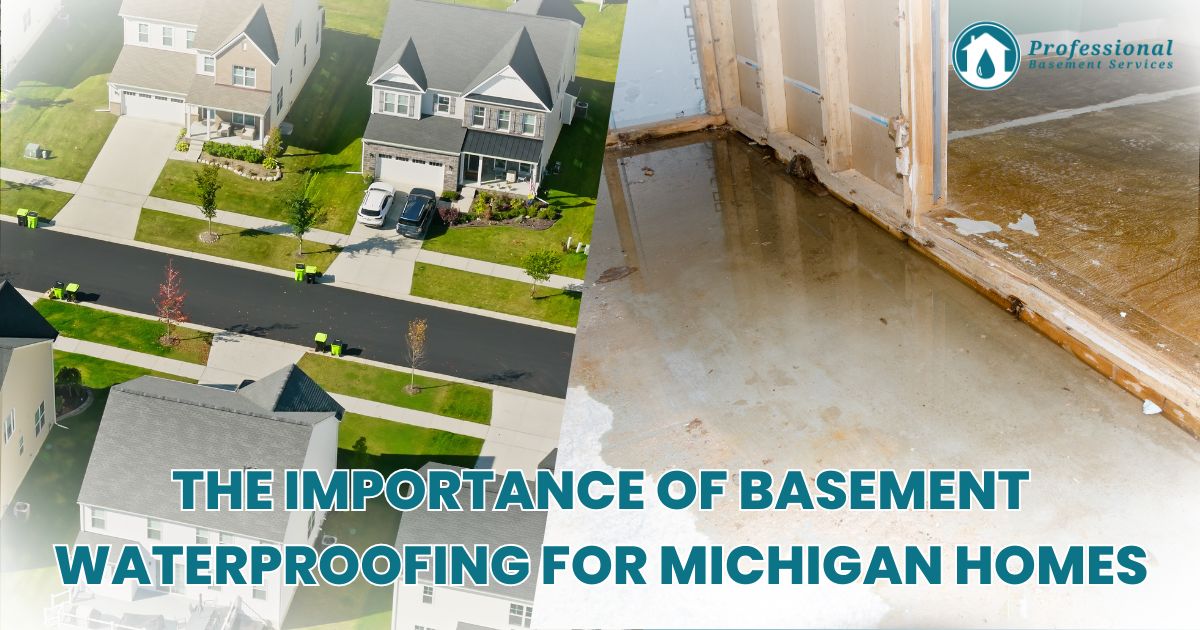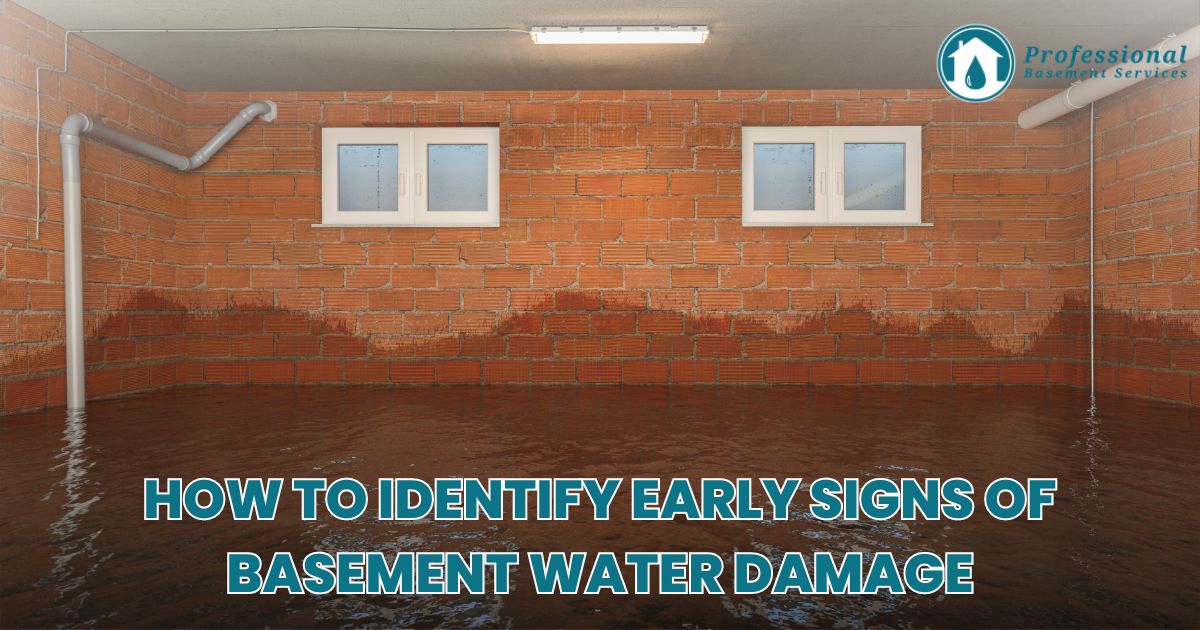The Ultimate Guide to Basement Waterproofing
Water damage in the basement is a homeowner’s nightmare, leading to costly repairs, structural damage, and potential health risks. However, with the right knowledge and strategies, you can protect your home and avoid drowning in repair costs. This ultimate guide to basement waterproofing offers practical tips and solutions to keep your basement dry and your finances intact.
Understanding Basement Waterproofing
Basement waterproofing involves techniques and materials used to prevent water from entering the basement of a house or a building. Waterproofing is essential for homes prone to dampness or located in areas with high groundwater levels.
The Importance of Keeping Your Basement Dry
-
Prevents Mold Growth: Moisture is a breeding ground for mold, which can lead to health issues.
-
Protects Structural Integrity: Water damage can weaken your home’s foundation, leading to costly repairs.
-
Increases Living Space: A dry basement can be transformed into a comfortable living area, adding value to your home.
Assessing Your Basement’s Waterproofing Needs
Start by identifying potential water entry points and signs of moisture. Look for puddles, damp walls, mold growth, and efflorescence (white powdery substance) on walls. Assessing your basement’s condition will help you determine the extent of waterproofing needed.
External Waterproofing Strategies
External waterproofing prevents water from entering the home and addresses the root cause of water intrusion.
1. Gutters and Downspouts
Ensure gutters are clean and downspouts direct water away from your home’s foundation. Install extensions or splash blocks if necessary.
2. Proper Grading
The ground around your home should slope away from the foundation to prevent water pooling. Re-grade any areas where water gathers.
3. Exterior Waterproofing Membranes
Applying a waterproof membrane to the exterior walls of the basement can be highly effective but may require excavation around the house.
4. Foundation Drainage Systems
Installing or repairing exterior foundation drains, such as French drains, can significantly improve water diversion away from your home.
Internal Waterproofing Measures
Internal waterproofing addresses water that has entered or can enter your home, managing it before it causes damage.
1. Sealants and Epoxy Injections
Use concrete sealants for minor, superficial cracks. For larger cracks, epoxy or polyurethane injections can seal and prevent water entry.
2. Interior Drainage Systems
An interior perimeter drain system can capture water entering the basement and direct it to a sump pump, which then pumps the water out and away from your home.
3. Sump Pumps
Ensure your sump pump is in good working order. Consider installing a battery backup system to keep the pump running during power outages.
4. Dehumidifiers
A dehumidifier can help manage moisture levels in the basement, reducing the risk of mold and mildew growth.
Choosing the Right Waterproofing Solution
The best approach depends on the specific problems and conditions of your basement. In many cases, a combination of external and internal waterproofing strategies offers the best protection.
When to Call a Professional
While some waterproofing tasks can be DIY, significant issues like extensive foundation cracks or a high water table often require professional assessment and intervention.
Conclusion
Waterproofing your basement is a crucial step in protecting your home from damage and avoiding astronomical repair costs. By assessing your basement’s needs, implementing effective waterproofing strategies, and knowing when to call in the experts, you can ensure a dry and healthy living space. Remember, proactive waterproofing is an investment in your home’s longevity and your peace of mind.
FAQ
Q: How often should I inspect my basement for signs of moisture?
A: Regular inspections, at least twice a year, can help catch issues early before they escalate into major problems.
Q: Can basement waterproofing increase my home’s value?
A: Absolutely. A dry, usable basement space can significantly increase your home’s market appeal and overall value.
Q: Is basement waterproofing worth the cost?
A: Considering the potential costs of water damage repairs, mold remediation, and structural fixes, investing in basement waterproofing is cost-effective in the long run.





